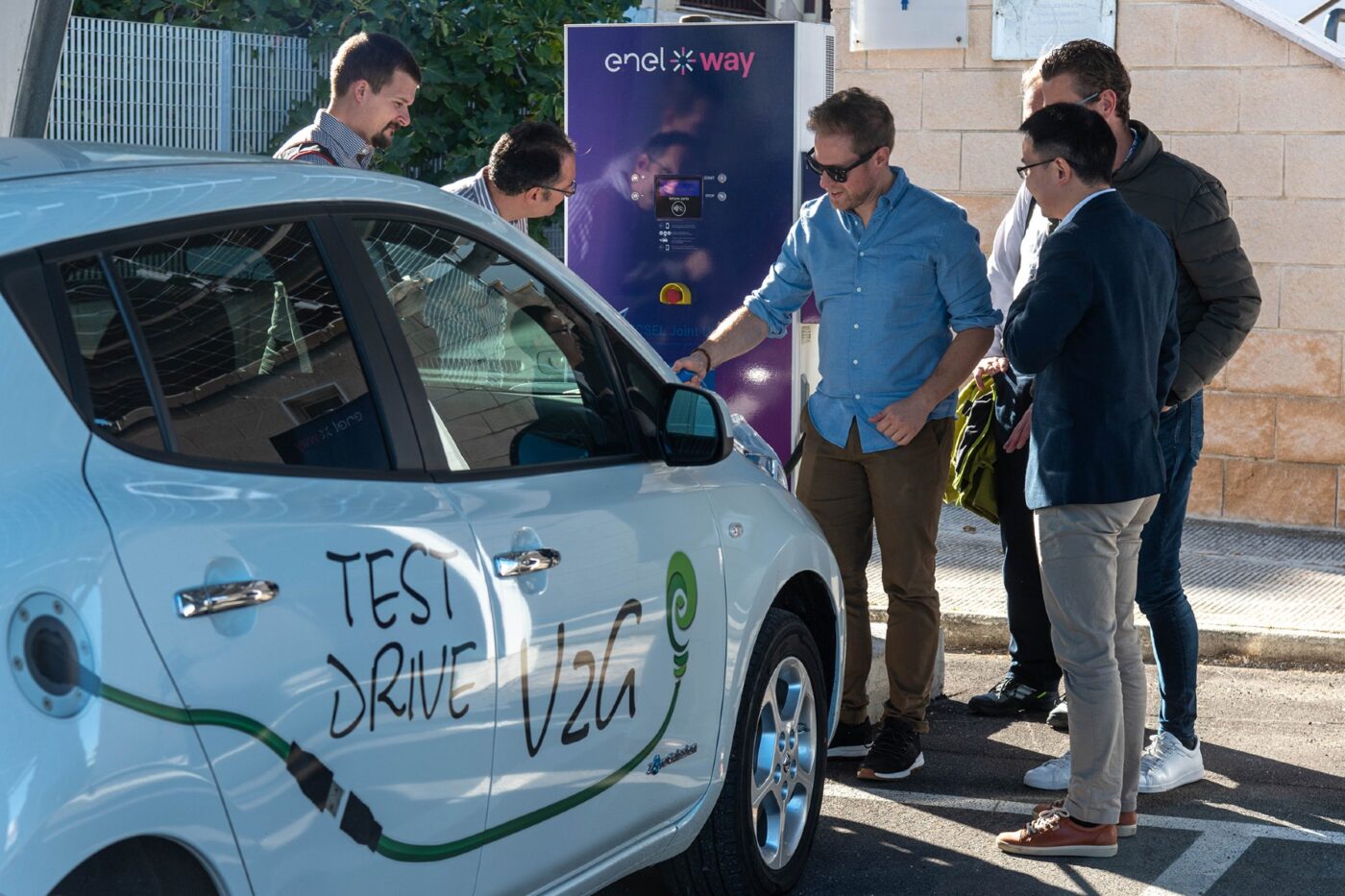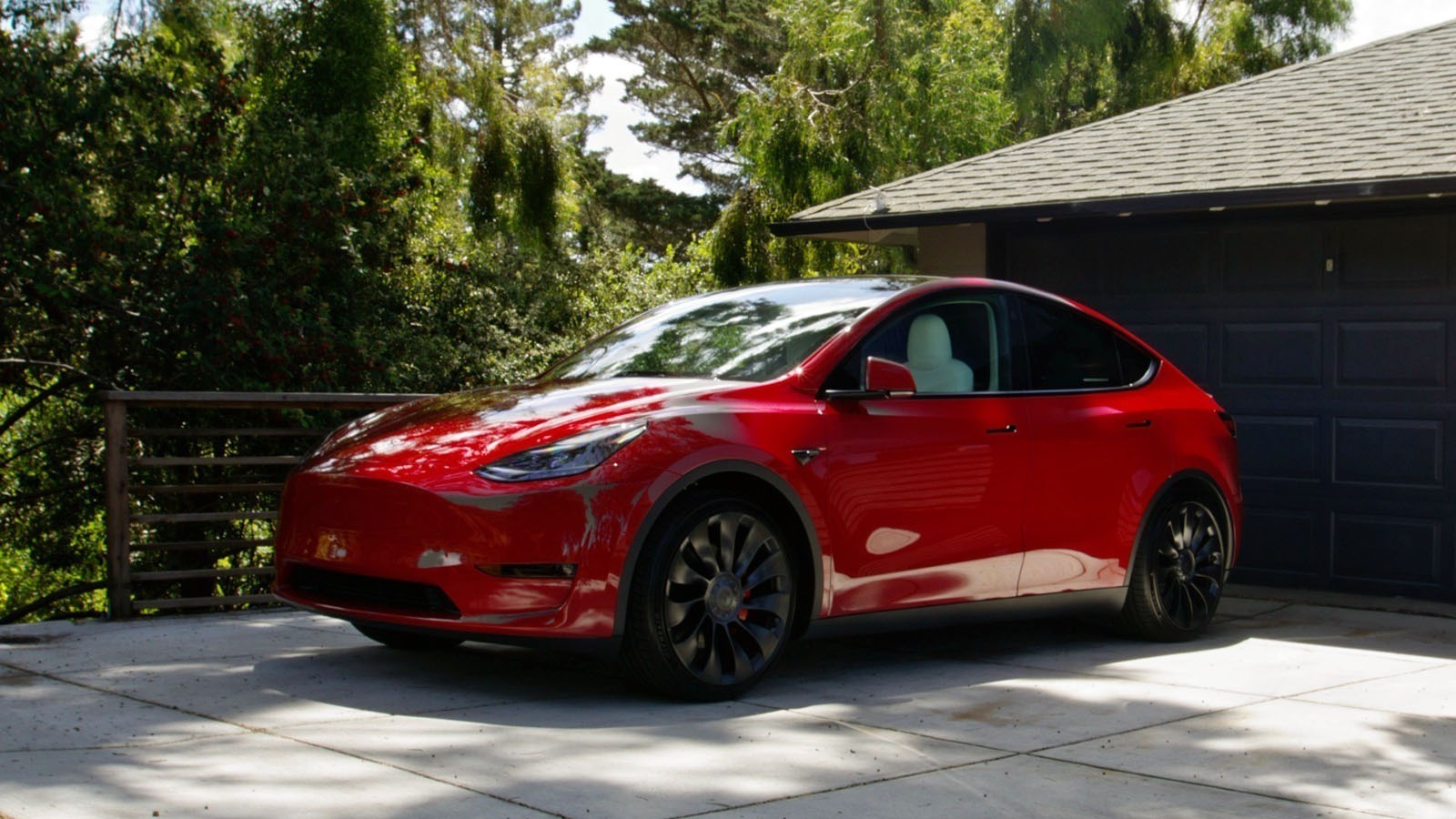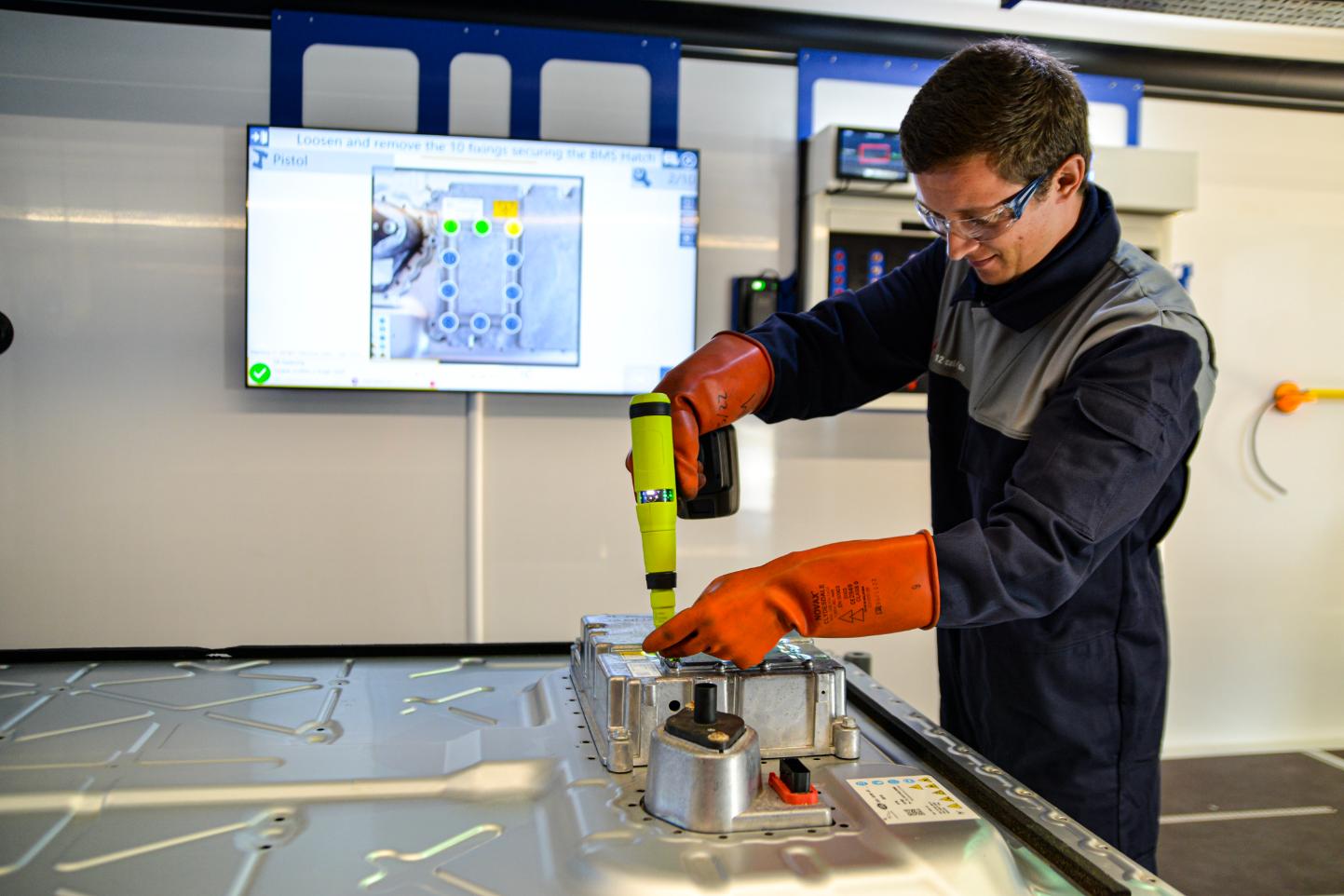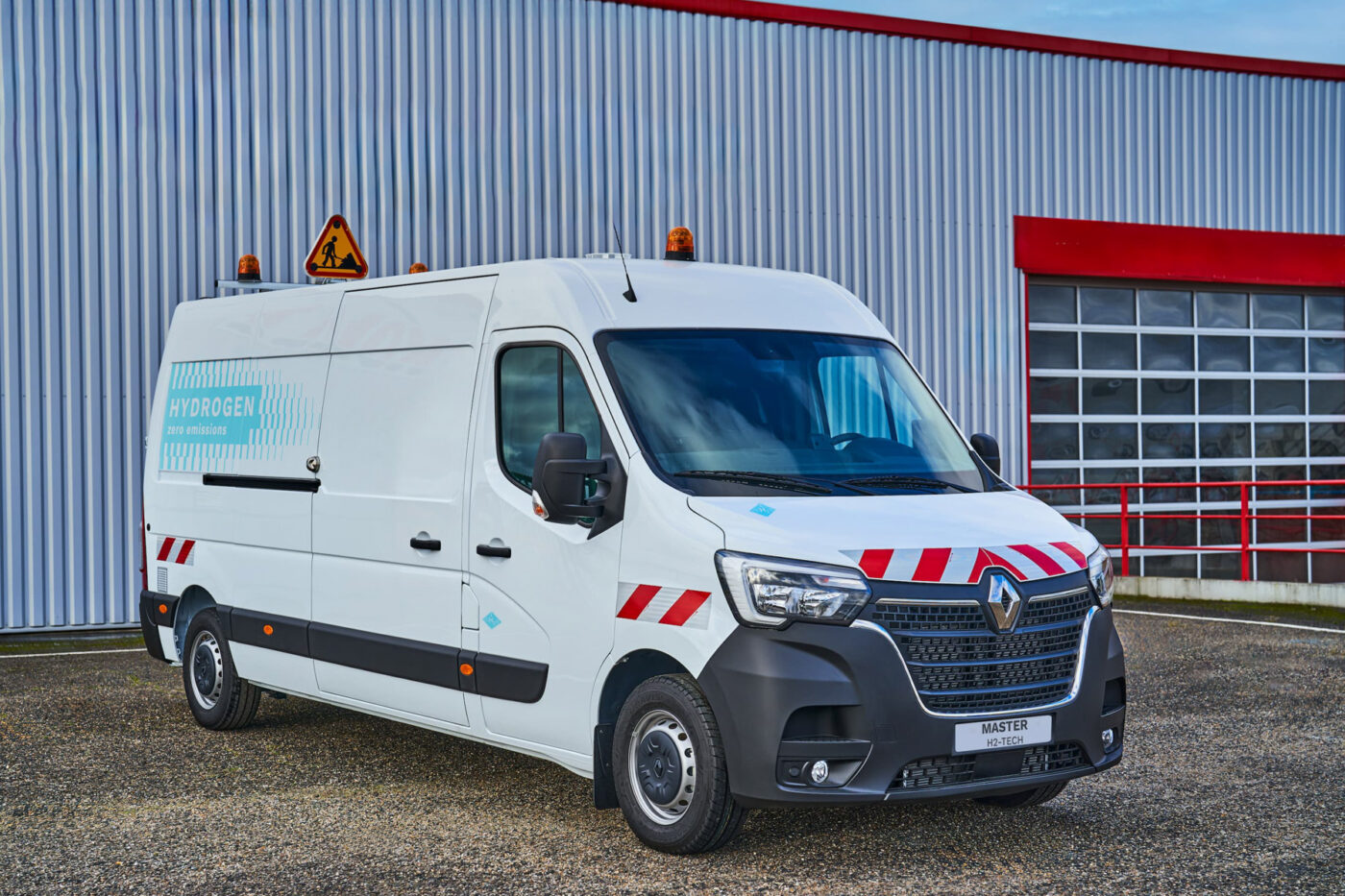The recently concluded EU-funded Progressus research project, led by Infineon, has presented findings on how bolstering the resilience of electricity grids can contribute to the decarbonization of the transport sector. Over a three-year period involving 22 participants, the consortium’s key discovery indicates that existing electricity grids can be upgraded through intelligent management of loads and sources, effectively accommodating the rising share of green energy.
Among the noteworthy outcomes is a solution enabling the operation of ten to 15 times more electric car charging stations on a single grid connection. Additionally, the Progressus team introduces an approach for tracking electricity from generation to consumption.
The project, which included 22 partners across Germany, the Netherlands, Spain, Italy, and Slovakia, focused on addressing three central challenges: efficient energy conversion, intelligent energy management, and secure monitoring, particularly in the context of increasing electric car sales.
Infineon coordinated the consortium, which also featured German companies Ceus UG, devolo AG, Mixed Mode GmbH, TH Köln, and Friedrich Alexander University Erlangen-Nürnberg. The participants explored power converters that minimize losses, integrating battery storage and renewable energy sources like photovoltaics. These converters incorporate ultra-fast sensors and SiC MOSFETs, suitable for innovative charge management systems that reduce peak power consumption by up to 90%, without significantly extending charging times.
Furthermore, the intelligent charging algorithm developed by Progressus allows for a notable increase in the number of charging stations on the same grid connection.
According to the project initiators, joint energy management of multiple buildings can alleviate grid load. In simulations based on real data from 16 buildings with photovoltaic systems and energy storage, joint energy management reduced peak electricity demand from the grid by up to 80%, depending on factors such as season, weather conditions, and system design.
Thomas Zollver, Senior Vice President Technology & Innovation of Infineon’s Connected Secure Systems division, emphasized the critical role of resilient power grids in accommodating the growing power volumes and fluctuations in electricity supply and demand. The almost €20 million project, with €5.79 million from EU funds under the Horizon 2020 program, marks a significant step toward creating technologies that enhance existing networks, contributing to the transition away from fossil energy sources and fostering a sustainable future.







